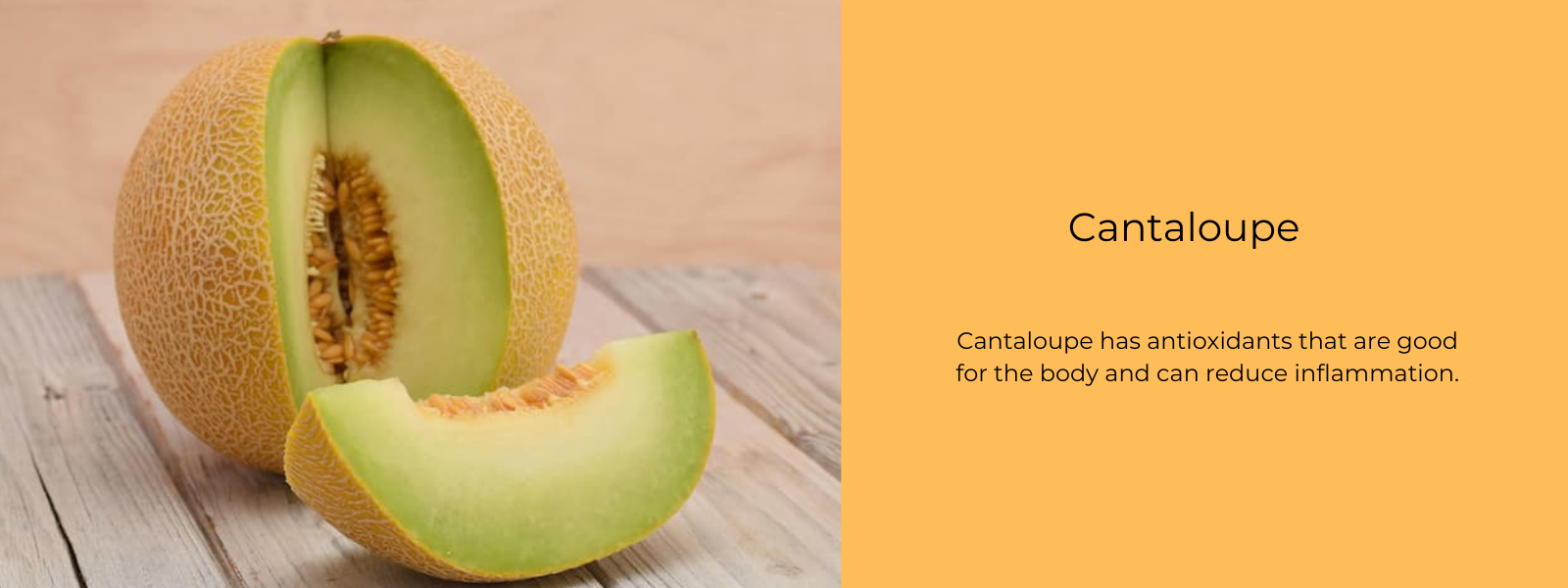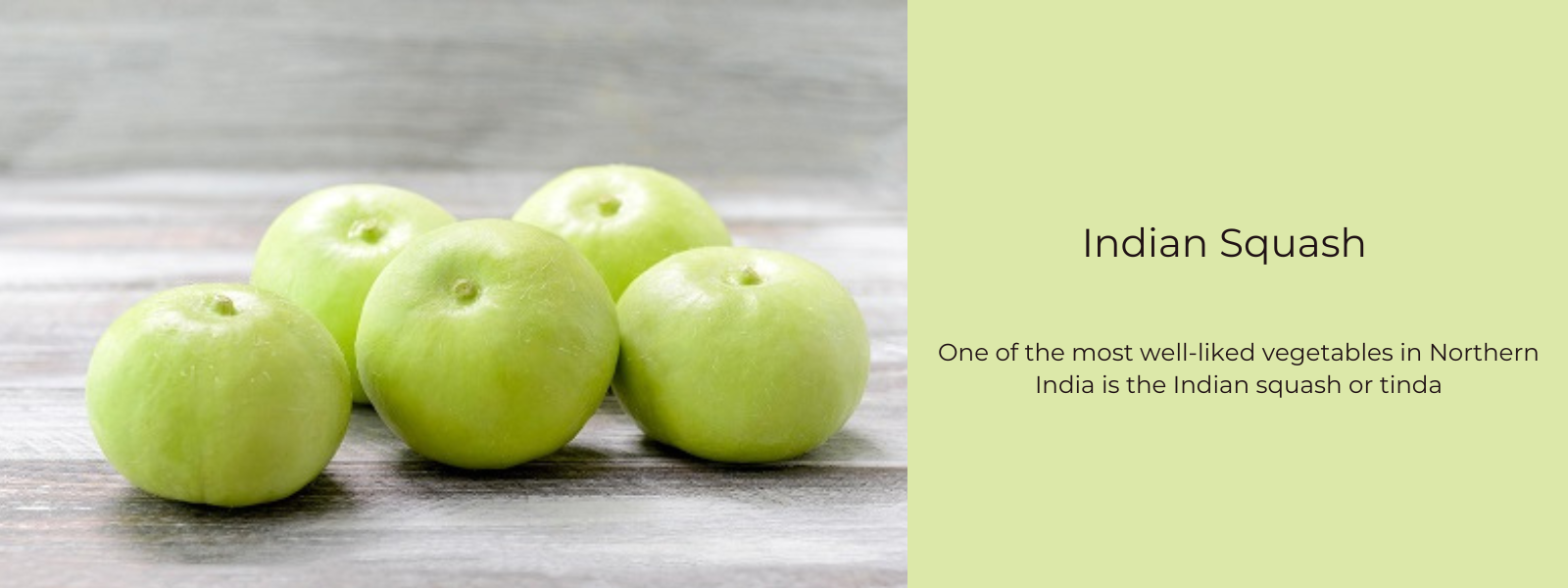Cantaloupe is a nutrient-dense fruit rich in vitamin A, primarily in the form of beta-carotene. This vitamin is essential for maintaining good vision, as it supports the health of the retina and helps prevent night blindness and age-related macular degeneration. Additionally, vitamin A enhances immune function by maintaining the integrity of skin and mucous membranes and boosting white blood cell production. It also promotes healthy skin by aiding in cell production and repair, reducing the risk of acne, and improving skin texture and elasticity. Regular consumption of cantaloupe can thus contribute to enhanced vision, a stronger immune system, and healthier skin.
Table of Contents
Health Benefits Of Cantaloupe:
Here are some of the key advantages of including cantaloupe in your diet:
- Rich in Nutrients
Cantaloupe is packed with essential vitamins and minerals, including vitamin A, vitamin C, potassium, and folate. It also contains fiber and antioxidants, making it a highly nutritious fruit.
- Supports Vision Health
Cantaloupe is an excellent source of vitamin A, primarily in the form of beta-carotene. Vitamin A is essential for maintaining healthy vision, preventing night blindness, and reducing the risk of age-related macular degeneration (AMD).
- Boosts Immune System
High in vitamin C, cantaloupe helps strengthen the immune system. Vitamin C is a powerful antioxidant that protects cells from damage, enhances the production of white blood cells, and promotes faster healing of wounds.
- Promotes Healthy Skin
The combination of vitamins A and C in cantaloupe supports skin health. Vitamin A aids in the production and repair of skin cells, while vitamin C is crucial for collagen synthesis, which helps maintain skin elasticity and reduce the appearance of wrinkles.
- Hydrates the Body
Cantaloupe has a high water content, making it an excellent fruit for hydration. Proper hydration is essential for overall health, including maintaining body temperature, joint lubrication, and nutrient transportation.
- Aids Digestion
Cantaloupe contains dietary fiber, which promotes healthy digestion by adding bulk to stool and preventing constipation. Fiber also helps regulate blood sugar levels and supports a healthy gut microbiome.
- Supports Heart Health
The potassium content in cantaloupe helps maintain healthy blood pressure levels by counteracting the effects of sodium. Additionally, the antioxidants in cantaloupe reduce oxidative stress and inflammation, which are risk factors for heart disease.
- Helps with Weight Management
Cantaloupe is low in calories but high in water and fiber, making it a satisfying and hydrating snack that can help with weight management. The fiber content helps you feel full for longer, reducing the likelihood of overeating.
- Anti-Inflammatory Properties
The antioxidants in cantaloupe, such as beta-carotene, vitamin C, and other phytochemicals, have anti-inflammatory properties. These compounds help reduce inflammation in the body, lowering the risk of chronic diseases.
- Supports Respiratory Health
Vitamin A in cantaloupe is essential for maintaining healthy mucous membranes, including those in the respiratory tract. This helps protect against respiratory infections and promotes overall lung health.
Is Cantaloupe Rich In Vitamin A?
Yes, cantaloupe is rich in vitamin A. Specifically, it contains high levels of beta-carotene, which the body converts into vitamin A. A single cup of cantaloupe can provide around 25% to 30% of the recommended daily intake of vitamin A, making it an excellent source of this essential nutrient. This makes cantaloupe beneficial for maintaining good vision, supporting the immune system, and promoting healthy skin.
Ways To Incorporate Cantaloupe:
- Fresh and Simple
Slices and Chunks: Enjoy cantaloupe as a refreshing snack by cutting it into slices or chunks. It’s a great way to enjoy the natural sweetness and hydration of the fruit.
- Smoothies
Smoothies: Blend cantaloupe with other fruits like bananas, strawberries, and yogurt or plant-based milk for a nutritious and hydrating smoothie. Adding a handful of spinach can boost the nutritional value without altering the taste much.
- Salads
Fruit Salads: Combine cantaloupe with other fruits like watermelon, berries, and citrus for a refreshing fruit salad. Add a drizzle of honey and a sprinkle of mint for extra flavor.
Green Salads: Add cantaloupe chunks to green salads along with ingredients like arugula, feta cheese, cucumber, and a light vinaigrette. The sweetness of the cantaloupe pairs well with savory elements.
- Salsas and Relishes
Salsas: Make a vibrant cantaloupe salsa by mixing diced cantaloupe with red onion, jalapeño, cilantro, lime juice, and a pinch of salt. This salsa can be served with grilled fish, chicken, or as a topping for tacos.
Relishes: Combine cantaloupe with herbs, vinegar, and spices to create a flavorful relish that complements meats and cheeses.
- Desserts
Sorbet: Puree cantaloupe with a bit of sugar and lemon juice, then freeze it to make a refreshing cantaloupe sorbet.
Parfaits: Layer cantaloupe chunks with yogurt and granola for a delicious and healthy parfait.
Popsicles: Blend cantaloupe with a little honey or sugar and freeze in popsicle molds for a hydrating and sweet treat.
- Drinks
Juices: Puree cantaloupe and strain it to make a refreshing juice. Add a splash of lime or mint for added flavor.
Cocktails: Use cantaloupe puree or juice as a base for cocktails. It pairs well with spirits like vodka or gin and can be combined with other fruits for a tropical twist.
- Grilled
Grilled Cantaloupe: Brush cantaloupe slices with a bit of honey or balsamic glaze and grill them for a few minutes on each side. Grilling enhances the natural sweetness and adds a unique flavor.
- Soups
Cold Soups: Make a chilled cantaloupe soup by blending the fruit with a bit of lime juice, mint, and a touch of honey. Serve it cold as a refreshing appetizer or dessert.
- Jams and Preserves
Jams: Cook cantaloupe with sugar and a bit of lemon juice to make a sweet cantaloupe jam or preserve. This can be used as a spread for bread, pastries, or as a topping for desserts.
- Cantaloupe Boats
Stuffed Cantaloupe: Cut a cantaloupe in half, scoop out the seeds, and fill the cavity with cottage cheese, yogurt, or a fruit salad for a fun and nutritious presentation.
Conclusion
Cantaloupe's sweet and juicy flavor makes it a versatile ingredient that can be used in a variety of dishes, from simple snacks and salads to sophisticated desserts and drinks. By incorporating cantaloupe into your meals, you can enjoy its delicious taste while benefiting from its rich nutritional profile. Incorporating cantaloupe into your diet provides a range of health benefits, from improved vision and immune support to enhanced skin health and hydration. Whether enjoyed fresh, in smoothies, salads, or desserts, cantaloupe is a delicious and nutritious addition to a balanced diet.











Leave a comment